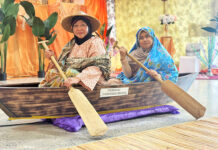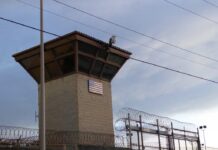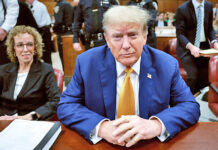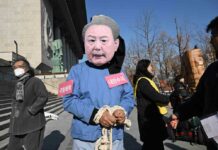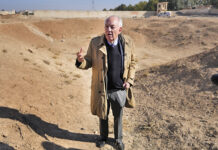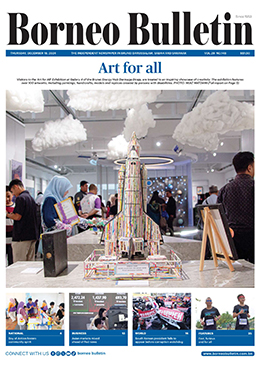SYDNEY (AP) – Australians awoke yesterday to a new prime minister in Anthony Albanese, the centre-left Labor Party leader whose ascension to the nation’s top job from being raised in social housing by a single mother on a disability pension was said to reflect the country’s changed fabric.
The 59-year-old career politician, who has described himself as the only candidate with a “non-Anglo Celtic name” to run for prime minister in the 121 years the office has existed, referred to his humble upbringing in the inner-Sydney suburb of Camperdown while thanking electors for making him the country’s 31st leader.
“Every parent wants more for the next generation than they had. My mother dreamt of a better life for me. And I hope that my journey in life inspires Australians to reach for the stars,” he said.
It’s unclear whether Albanese’s party could form a majority government or have to rely on the support of an increased number of independents and minor party lawmakers who won seats in Saturday’s election, in results analysts described as extremely complicated, and which also mirrored the face of modern Australia.
With counting set to continue for many days as postal votes are tallied, one prospect that emerged was that Albanese may need to be sworn in as acting prime minister to attend tomorrow’s Quad summit in Tokyo with United States (US) President Joe Biden, Japanese Prime Minister Fumio Kishida and Indian Prime Minister Narendra Modi.
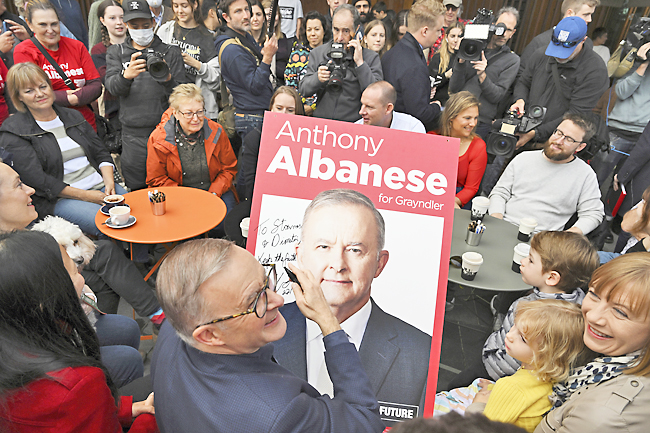
Australian National University constitutional law expert professor Donald Rothwell said that Australia’s governor general, the representative of the country’s ultimate head of state, Queen Elizabeth II, would “only be prepared to swear in Albanese as ‘Acting PM’ until such time as the results are much clearer”.
Albanese, speaking to reporters yesterday morning, merely said he would be among five people who’ll be sworn today before attending the Quad meeting, then returning to Australia on Wednesday when “we’ll get down to business”.
The four colleagues he mentioned included lawmakers set to step into key financial portfolios and his deputy leader.
The election delivered a clear rebuke to Australia’s traditional two-party system, both to Labor and the heavily defeated conservative coalition led by the Liberal party’s outgoing Prime Minister Morrison.
The major parties bled votes to fringe parties and independents, including in many seats considered Labor or coalition strongholds.
Needing 76 seats in the lower chamber, the House of Representatives, to govern in its own right, Labor yesterday afternoon was being called the winner in 71, with 67 per cent of votes counted, according to the Australian Broadcasting Corp.
The Liberal-National coalition was ahead in just 52 – drastically down from its bare-majority 76 in the 2019 poll. Analysts described the result as a fierce rejection of Morrison and his team’s handling of many issues in its three-year term including climate, COVID-19, women’s rights, political integrity and natural disasters such as bushfires and floods.
A total of 15 seats had been declared for independents or minor party candidates.





